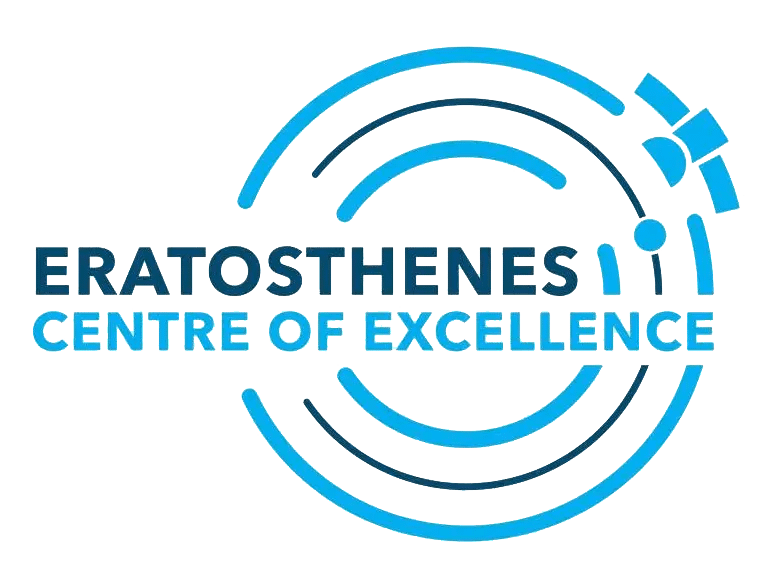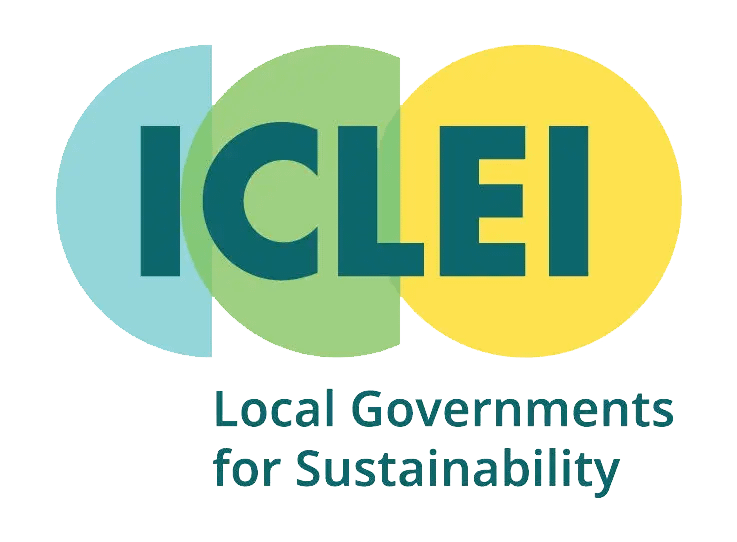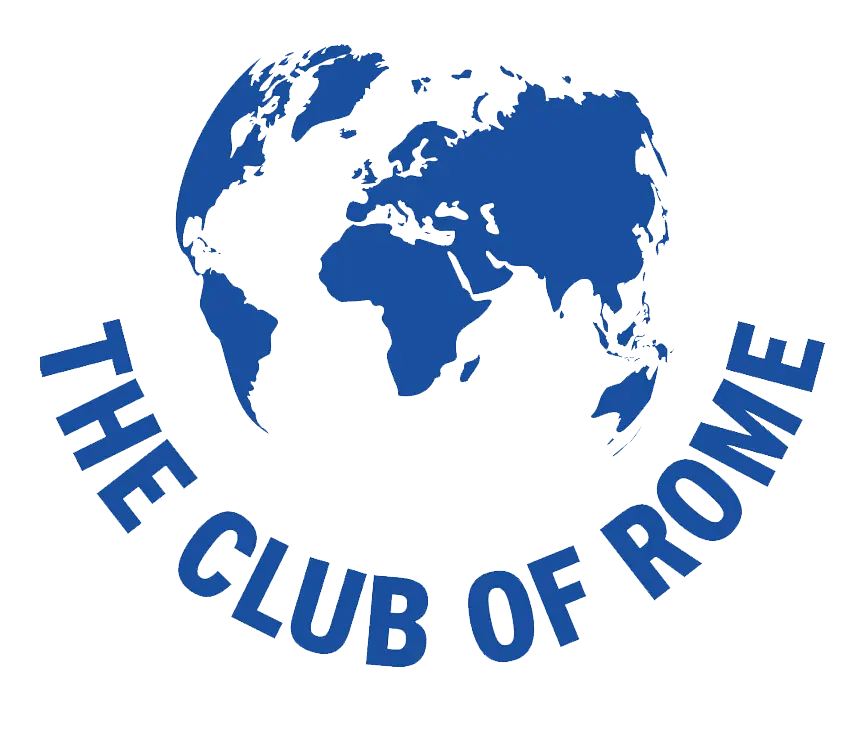Metabolic Institute
Metabolic Institute is a non-profit organization working at the intersection of academic research and real-world experimentation.
We develop and share open-source tools and resources that drive meaningful change throughout bioeconomic and urban systems. The Institute’s mission is to use scientific knowledge to inspire practical actions toward a sustainable economy and enriched society. We use the latest digital tools and data science to create solutions that are both innovative and practical.
Our work is grounded in principles of applied research and systems thinking. With a deep understanding of the unique needs and cultures of the communities we support, we ensure that each solution is relevant and impactful. By combining this approach with insights that inform effective, sustainable policies, we aim to drive meaningful change that lasts.
Advancing open-source knowledge on global sustainability challenges.
Bioeconomy
Supporting the transition toward a global regenerative economy.
Our focus areas:
We assess the local bioeconomy’s impact on health, equity, and the environment, while building consortia for collaborative action across communities.
We map rural land management, build frameworks to identify trade-offs among current and potential local land use practices, and work with communities to identify and deploy nature-based solutions that support a transition to sustainable systems, informing policymakers on the best path forward.
We also zoom into specific value chains to assess the interactions of multiple supply chains and cross-sectoral use of biomass resources and their environmental impacts. To identify points of resource competition, and opportunities for material cascading, regenerative best practices, and symbiotic circularity interventions.
Urban Transitions
Harnessing the potential of cities as drivers of regeneration and systemic innovation.
Academic and Research Institutes
We collaborate with other research institutes and universities to drive groundbreaking interdisciplinary research that addresses complex environmental, social, and economic challenges, with the potential to lead to systemic change.
Cities and Rural Communities
By working with local governments and communities, we support cities and rural communities with data-based research in our areas of expertise, such as policy analysis, consumer-based emissions, nature-based solutions, and sustainable land use.
EU Institutions
We inform EU institutions and support them in implementing ambitious sustainability policies by providing our expertise in systems thinking, environmental data sciences, policy development, and implementation strategies that align with the EU’s vision for a sustainable, resilient economy.
Philanthropies and Foundations
We partner with philanthropies and foundations to design and implement impactful projects that promote new urban and bioeconomy models.
Highlighted projects
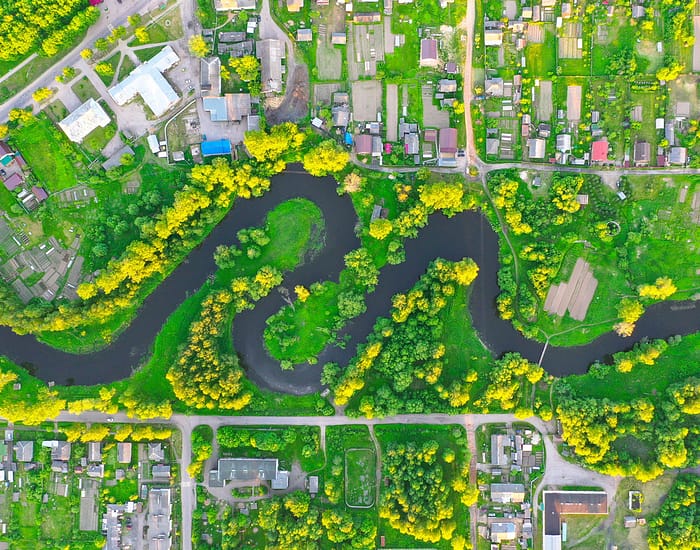
LandShift: Transforming Land Use for Climate-Resilient Rural Communities
- Institute

NetZeroCities
- Institute
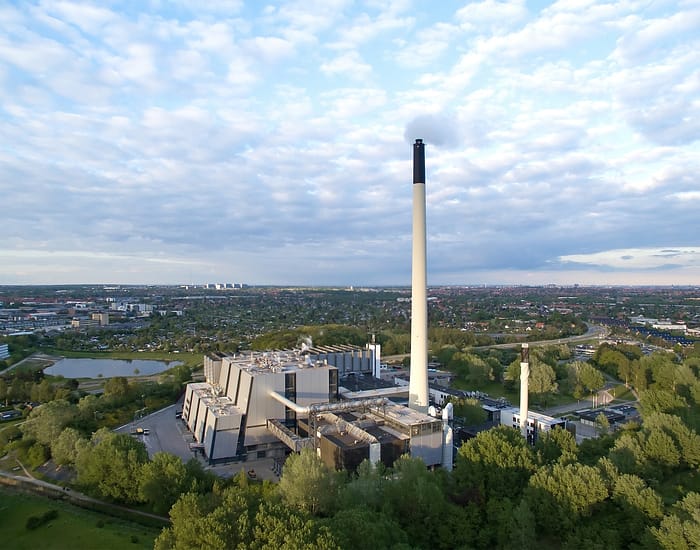
CENTRINNO: Heritage as a catalyst for a new industrial revolution
- Institute

FOODE: Creating sustainable food systems for European cities
- Institute
News

New partnership charts a path for systemic change in the EU
- Institute

Unlocking the potential of circular makers in urban development
- Institute

Tailored mapping tools for circular regeneration
- Institute

How to create a sustainable bioeconomy
- Institute
Institute team
Anna Barnouw

Antoine Coudard

Apurva Singh

Emma Mac Naughton

Erin Kennedy

Joris Overmeer

Thijn Verburg
connect with us
Specializing in innovative research, Erin and her team can help you in the transition towards a circular and inclusive future.
